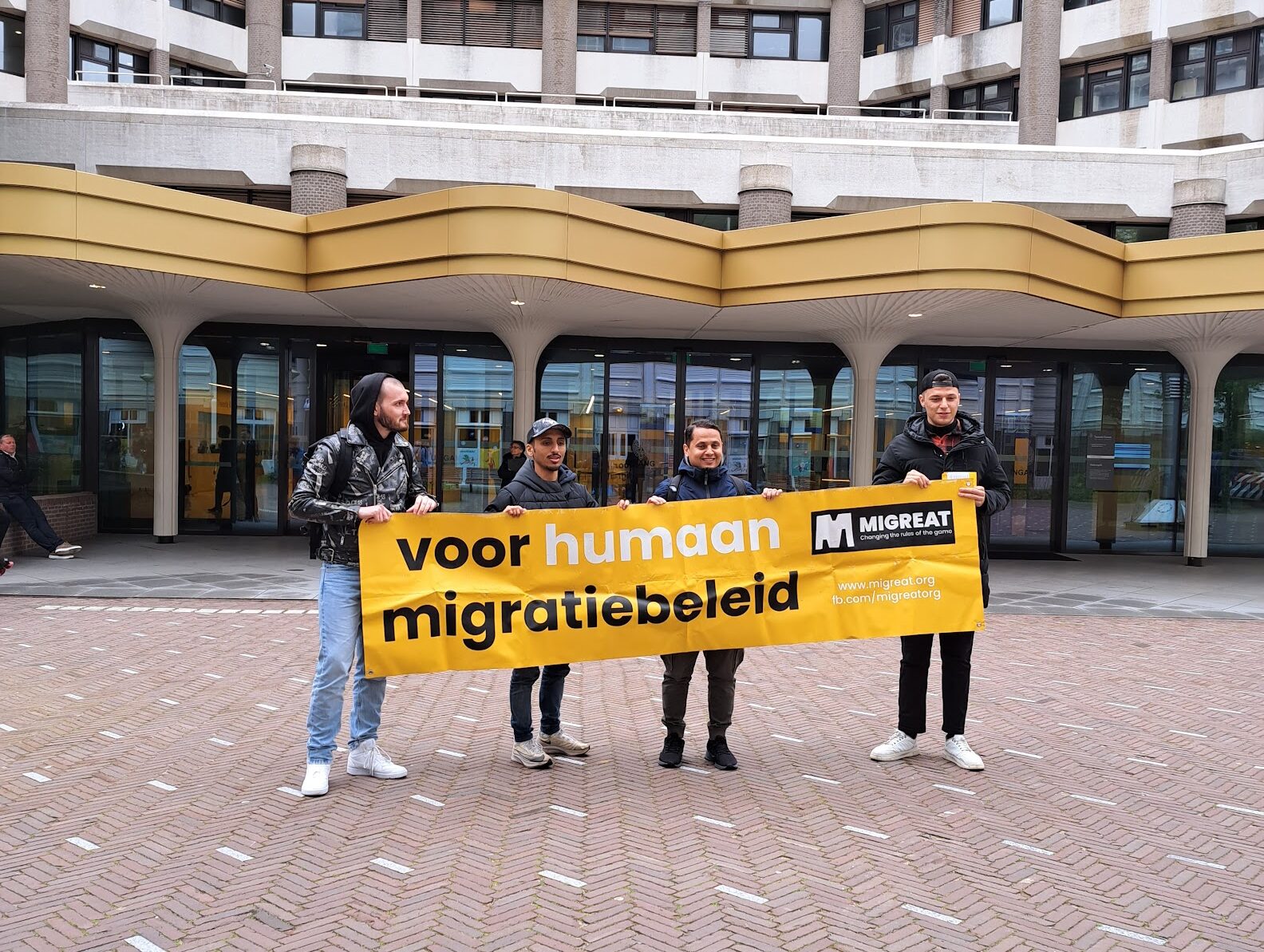Government will act to allocate refugees if needed: minister

The cabinet is planning to stop local authorities choosing which refugees to take in, and if they persist in doing so, the government will intervene directly, immigration minister Eric van der Burg has told MPs.
“As a last resort, refugees will be placed in locations where there are restrictions,” Van der Berg told MPs. ‘In some places there are empty beds because of limits placed in talks with local councils. But the refugee agency COA needs them desperately.”
Some local authorities insist on only taking in families and refusing single men.
Van der Burg also said he had developed an emergency plan to cope with an overload of new asylum requests at the Ter Apel reception centre in Groningen. All new refugees are required to report to Ter Apel for an initial assessment.
The centre has a limit of 2,000 beds and last summer there were chaotic scenes when hundreds of refugees slept outside the main gates in tents and the open air.
Van der Burg now says he plans to use hotels to ensure no-one sleeps outdoors. Extra police officers will be drafted in to speed up the registration process and check travel documents and an event centre in Assen will be turned into temporary accommodation for up to 500 new arrivals.
The minister also said he is planning to take a tougher line with the minority of asylum seekers who cause problems, by setting up more specialist units providing little more than a bed and board.
The government expects some 70,000 asylum seekers to come to the Netherlands this year.
Meanwhile current affairs show Nieuwsuur reported on Wednesday evening that legislation that is supposed to ensure refugees are spread equally around the country may be running into trouble.
MPs from the ruling right-wing VVD are now concerned about the element of compulsion in the plans, even though the draft law has been approved by all four parties, Nieuwsuur said.
RTL reported last year showed that more than half of Dutch local councils have not provided any housing for refugees in the past 10 years. Richer council areas and Bible belt towns and villages are far less likely to have housed a refugee centre, the figures, from refugee settlement agency COA, showed.
Thank you for donating to DutchNews.nl.
We could not provide the Dutch News service, and keep it free of charge, without the generous support of our readers. Your donations allow us to report on issues you tell us matter, and provide you with a summary of the most important Dutch news each day.
Make a donation